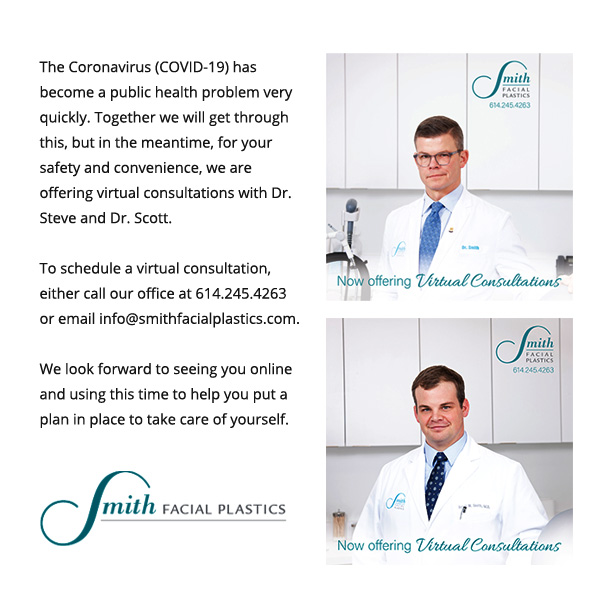Only Choose a Board Certified Plastic Surgeon
A Board-Certified Plastic Surgeon is the Only Way to Go
Over the course of the past decade or so, the amount of money reimbursed to traditional physicians through insurance company programs has decreased in a major way. In fact, these decreases have been so stark that otherwise lucrative careers have seemed to become dead-end jobs, where raises are less frequent and salaries are nowhere near as high as they were at the beginning of the 21st century. In a medical climate like this one, there are plenty of incentives for doctors to diversify their careers and branch out into services like plastic surgery.
Plastic surgery, in fact, is one of the most popular “second careers” for physicians who are looking to engage in a more lucrative type of practice. That’s because virtually all plastic surgery procedures are paid for out-of-pocket, without the assistance of traditional medical insurance plans. Physicians who provide these services are therefore likely to enjoy a much better compensation structure. The problem, though, is that many physicians are simply not certified to branch out into this field. That can lead to major medical complications and aesthetic embarrassments for today’s patients.
Unregulated and Potentially Unsafe: Uncertified Plastic Surgeons are a Major Risk
One of the peculiar things about the plastic surgery industry is that’s virtually unregulated in comparison to traditional medical practices. Doctors who engage in everything from gynecology to family practice services and beyond, all must pass board certification examinations issued by the American Board of Medical Specialties. When people refer to “passing the boards” or being a “board-certified physician,” this is what they’re often talking about.
In plastic surgery, though, passing board exams and completing at least three years of a medical residency is simply not required. In all but three states, doctors can declare themselves to be plastic surgeons as long as they already have any type of board certification from the ABMS. That means patients might be getting cosmetic work performed on them by physicians who don’t know who to properly complete the procedure. What results is a botched nose job, a serious infection, or a dramatic injury that requires tens of thousands of dollars in follow-up work.
Board-Certified Plastic Surgeons are the Only Way to Go
The only way for patients to maintain peace of mind when seeking a qualified plastic surgeon is to make sure that they’re choosing a physician that specifically holds a plastic surgery certification from the American Board of Medical Specialties. Shadow organizations, often with similar names that include the word “board” in their title, do not guarantee any level of prior experience, residence, or specific education, and that means patients will be at serious risk of injury or cosmetic defects.
Because the stakes are so high with all plastic surgery procedures, and malpractice can lead to significant financial difficulty, medical complications, and long-term suffering, patients owe it to themselves to make sure that their plastic surgeon is properly certified in not only cosmetic surgery, but also the specific type of surgery that they perform. Even though it might not be the law in most states, it’s still the best way to avoid major headaches after the procedure.

